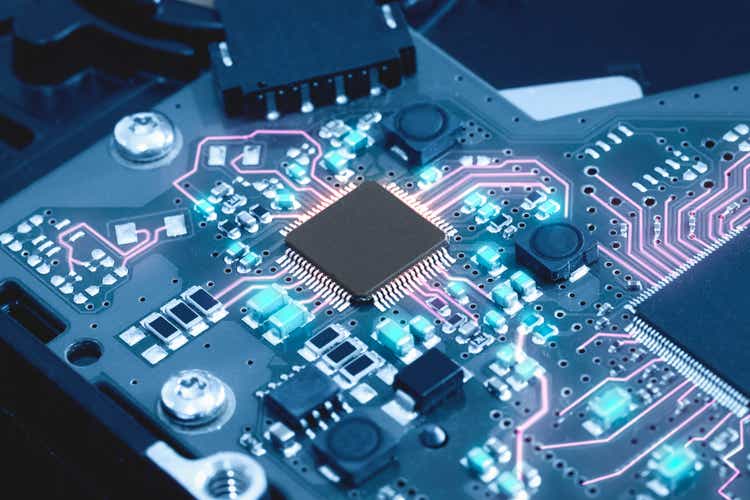In Beijing last January, the Beijing Institute for General Artificial Intelligence (BIGAI) introduced Tong Tong, a humanoid robot that emulates the behavior of a three to four-year-old child. Developed using the TongOS2.AGI operating system and the TONGOL2.0 language learning program, Tong Tong has a mindset and value system similar to that of a young child, making her capable of understanding the real world and possessing a wide range of abilities.
Tong Tong was initially targeted at addressing loneliness in China but has the potential to be utilized in various fields such as home automation, healthcare, and education. BIGAI director Zhu Shongchun explained that general artificial intelligence is a powerful force in shaping new productive forces, with entities like Tong Tong representing a significant step in advancing AI technology to benefit society in different aspects of life.
The development of entities like Tong Tong represents diverse possibilities for applying this technology in various industries and sectors. The potential applications are promising, with researchers behind Tong Tong claiming that she can learn and improve through interactions with humans, showing a level of emotional engagement never seen before in AI models. She can identify and express emotions like happiness, anger, and sadness, responding appropriately to others’ emotions.
Overall, the introduction of Tong Tong marks an exciting advancement in AI technology that has the potential to benefit society in various ways. With its ability to understand human emotions and interact with people effectively, this robot could revolutionize how we interact with machines in our daily lives.



